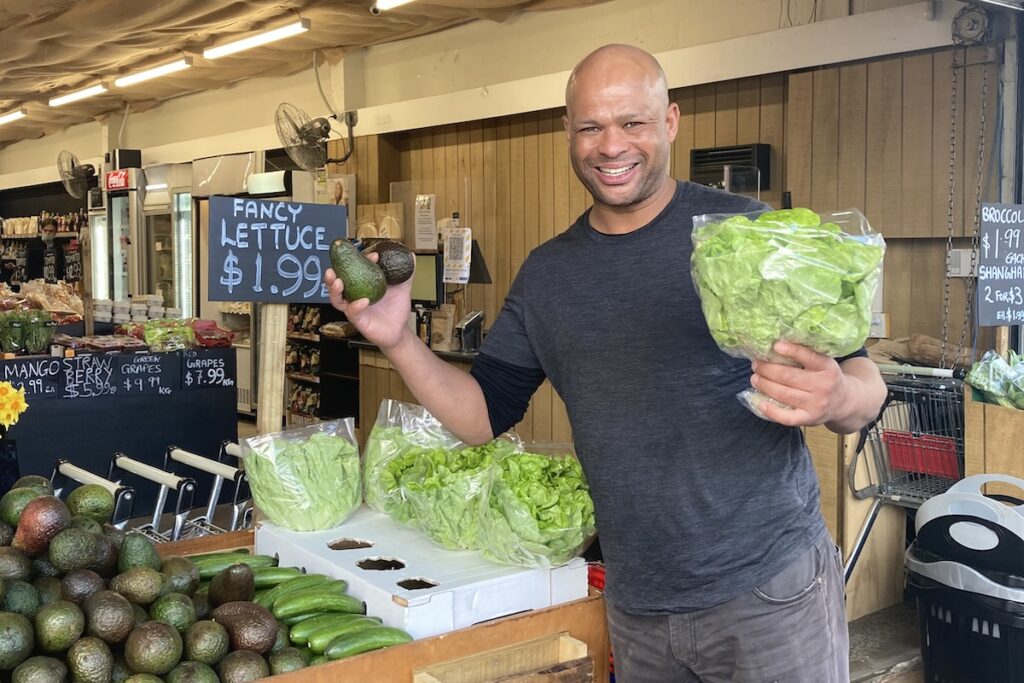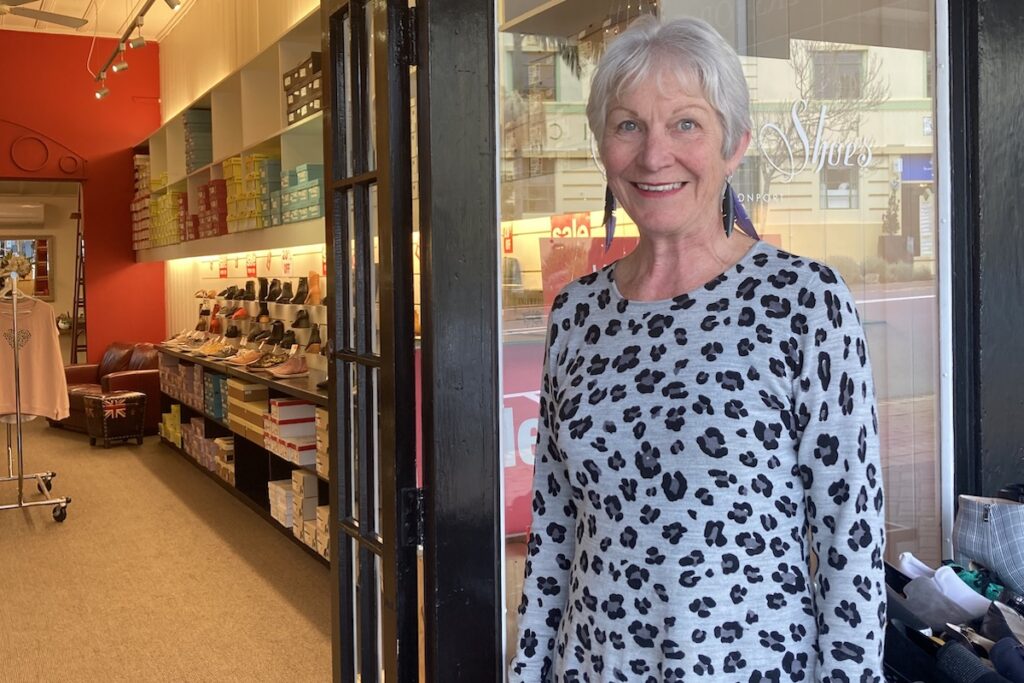What's New
9 September, 2020
Open and shut cases: contrasting stories amid challenging times for village retail

Nathan Royce is banking on the same good reaction to his produce store in Devonport being replicated in Hauraki, where he is opening a new outlet this month.
The fruit and vegetable trader behind The Fresh Market isn’t letting the challenging eco- nomic environment get him down. “If you’ve got the right location and the right formula I think it will be okay,” he says. “It’s not about making heaps of money, but providing a service.”
Royce, who grew up in Invercargill, got into the produce trade straight from school, working in the local market, where he graduated from storeman to “banana man”.
These days he is at the Auckland markets buying early most mornings.
He opened his first store six years ago, and for a time supplied fresh cut salads to supermarkets. He also wholesales to restaurants and cafes.
Royce now has four stores, including one at Sunhill, Meadowbank.
He has found Devonport, where he opened in February, receptive to his mix, which extends from fresh and organic produce to flowers and gluten-free grocery items.
The expansion into Hauraki came about by chance. “When we opened Devonport, I was driving past and I saw it was up for lease.” A few months ago he had a look at the store, next to Hammer Hardware. It had been empty for some time, after formerly trading as a fruit and vegetable outlet. A deal was struck with the “good guys” who had it. Fitting out was delayed by lockdown, but the store is likely to open within a week or so.
Royce said customer feedback in Devonport led him to believe Hauraki residents would love a similar local store. “We thought we might give it a go.”
Knowing the trade helps, and although supermarket buying power is real, smaller operators can be nimble, passing on market prices quickly, he says.
“We go down to the market at 4am and can have it in store by midday.”
The Hauraki store will be open seven days and provide jobs for locals. At Clarence St, Royce employs around eight people, including school students.
Among them is a young man who had struggled to find work, but now has a steady job, learning new skills in a trade that satisfies people’s everyday needs – just like Royce did himself.
When the shoe no longer fits

Gillian Austin is sad to be shutting a Devonport institution, but without trade from vital out-of-town visitors she has made the tough call to close her shoe shop – ending around a century of having one on the main street.
She will miss her regulars at Village Shoes, and knows they will miss being able to buy shoes locally, but it was a case of making the call or facing death by a thousand cuts.
“We were really good after the first lockdown. Devonport people were good trying to shop local. Then we got the second lockdown.” The mood had changed, and she noticed people were “really reluctant to spend”.
This, on top of the long-term loss of the vital tourist dollar, coincided with what was anyway the quietest time of year for her business. Rather than spend $85,000 on summer stock she might not be able to sell, Austin decided to cancel orders and wind things down. “It’s just the reality of it.”
In normal times there might have been three cruise ships docking across the harbour at weekends. Australians were a big market, but so too were New Zealanders in Auckland from other parts of the country for a concert or a sports match. Visitors were more likely to buy on a whim. “The girls would get together and
come over and buy a new pair of shoes each. If they were here for a Pink concert, someone would buy a pair of pink shoes.”
Austin has not set a date for closure, being on a month-by-month lease, but has broken the news to her part-time staff of three women.
The Narrow Neck local bought Village Shoes six years ago with partner Bruce Wilson, who for many years ran Devonport’s video store. She is thinking about finding a new part-time job, perhaps in her old profession as a nurse.
Her involvement in climate change causes will keep her busy as well, with Austin active in the Extinction Rebellion movement.
“Consumerism is one of the problems with the climate emergency,” she says, admitting that like many people she has more than enough clothes and shoes. This slight discord between her business and beliefs was balanced by stocking quality shoes that lasted. As an independent she carried a bigger range of brands than chain stores.
A buyer for the business had been in the pipeline, but with the latest lockdown that interest had fallen away, she says. So too, demand for the likes of fashion and shoes generally as people watched their wallets.
Village Shoes has had several names and various owners over the decades, including Oborns, when it extended into the space next door in Victoria St.
It traded as Thompson’s Shoes before Austin took over in 2014. She has built up a big loyalty programme, with around 3000 customers, of whom she reckons two-thirds are drawn from the area from Milford south. “I think it will be very hard to say goodbye.”

Please consider supporting The Devonport Flagstaff by clicking here:
